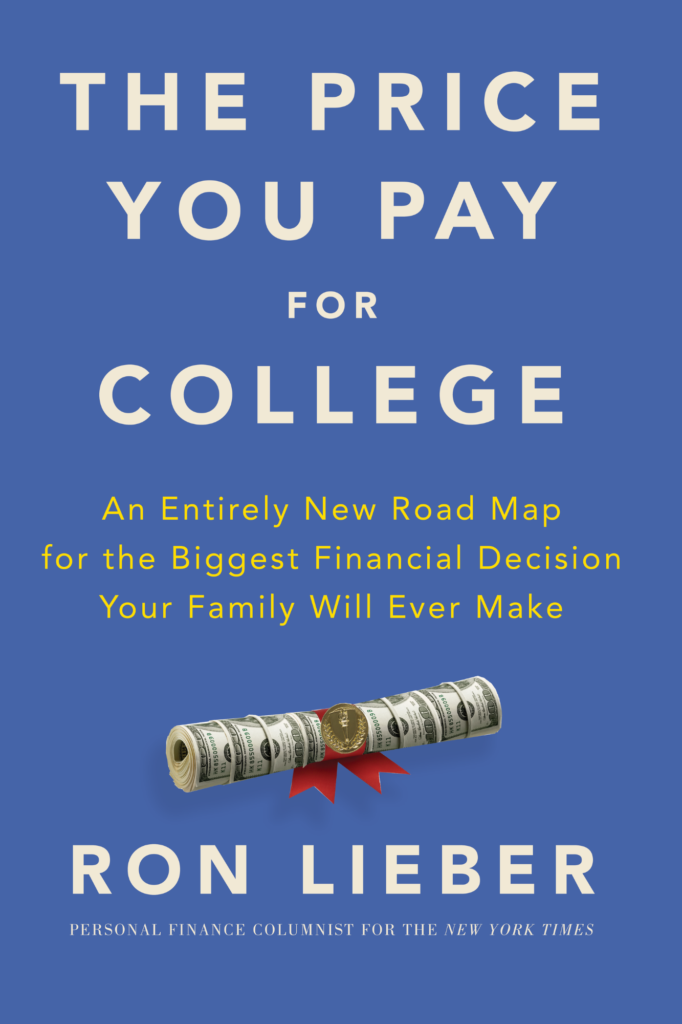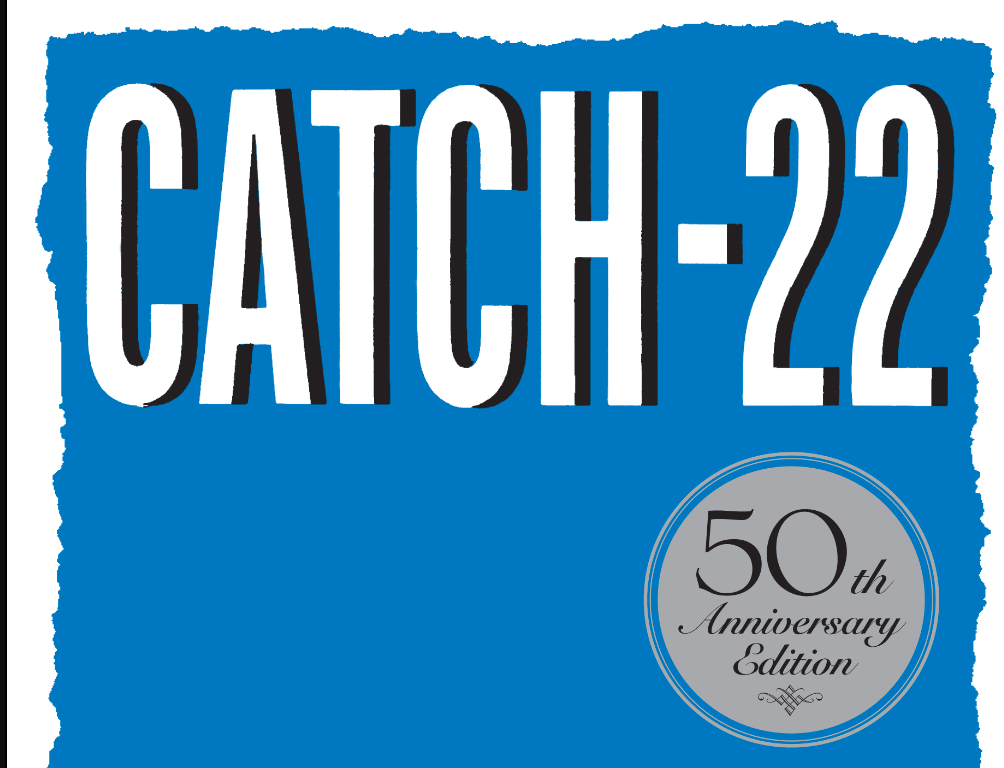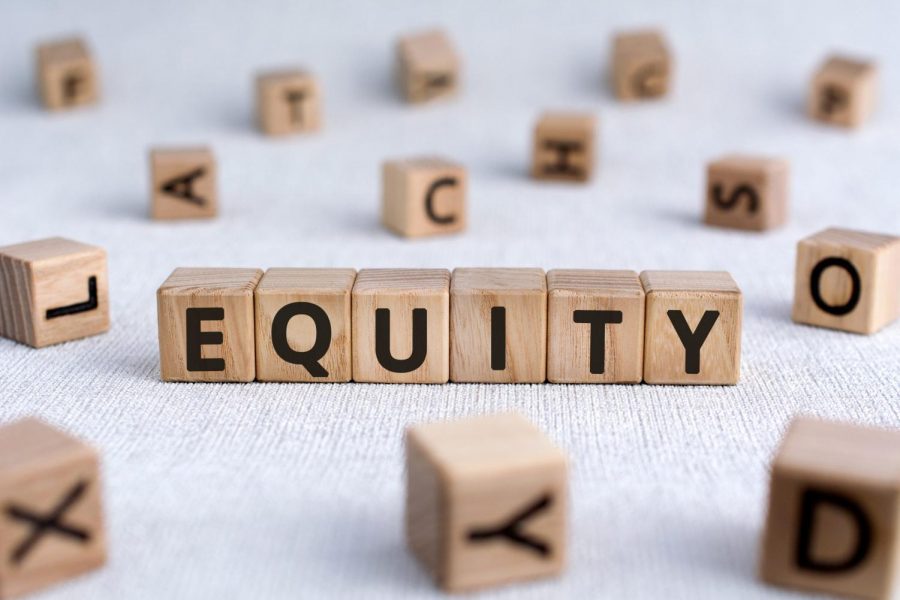OCSU Equity Policy Debate Continues
The Orleans Central Supervisory Union is continuing the debate about the Equity Policy. There are many differing opinions in the community about the proposed policy. The OCSU Elementary/Middle School Board has passed the Equity Policy, but the High School Board is continuing to conduct research and hear feedback before making a final decision.
What is the Equity Policy?
The OCSU Equity Policy includes definitions of equity and equity practices that OCSU pledges to teach. One pledge is providing effective resources to schools based on needs. Another goal is listening to the voices and culture in our community to support and enhance student success. One definition of equity that OCSU provides in the policy is ensuring that a student’s success is not predetermined based on characteristics.
The Equity Policy specifically states:
“Equity means that a student’s success is not predicted nor predetermined by characteristics such as race, ethnicity, religion, family economics, class, geography, ability, language, gender, sexual orientation, gender identity or initial proficiencies.”
“Incorporate the voice, culture and perspectives of students, staff, families and communities that reflect student demographics and support and enhance student success.”
“Monitor and evaluate the individual needs of schools and distribute resources and effective personnel based on those needs.”
Concerns with the Equity Policy
The High School Board has received concerns from community members in the district. One outspoken critic of the policy is Ben Morley. Morley is a volunteer for the Foundation Against Intolerance and Racism, with a Master’s Degree in Public Administrative Management. He also wants to educate others about his concerns with the Equity Policy. His rationale is simple. “I want every student to enjoy an equal education that will prepare them for life beyond secondary school,” Morley said. Morley told me that he’s concerned with the Equity Policy because of the decision-makers involved in defining equity. “Equity is defined as fairness, but it allows for open interpretation of the individual to make that determination,” Morley said. He went on to note an example. “Unfortunately, leadership in many districts have instituted policy and programs based on their diverse opinions and definitions of equity, rather than surveying and measuring diversity of opinion for students and parents, whom may have conflicting needs surrounding equity practices.”
If the policy is concerning, what alternatives could be set in stone to ensure equality happens in OCSU schools? Morley said equality in schools already exists. “Most individuals and families already receive equal opportunity to education in schools and possess Civil Rights as students. If we empower students and families to understand their current rights, it may help with understanding equality for students.” He continued, encouraging students to look at their current rights online. “I would encourage all students to review Pupil Education Rights -1232h and ask their peers to explain what areas lack equality of opportunity in education.” He went on to encourage students to continue having conversations with classmates despite political disagreements. “Don’t let politics prevent you from speaking with one another, it is so important to speak about these matters civilly.”
Morley added that he hopes the LRUHS School Board takes one factor into consideration when voting on the Equity Policy. “A public policy is meant to offer clear guidance for process and procedure,” Morley said. He explained why he thinks this policy is an example of the opposite. “I find the current policy to be vague, and does not define cultural competence or equity in a way that offers a unified understanding of these concepts,” Morley said. He also mentioned one example of something the policy lacks. “We should discuss student and teacher rights in the policy and how those rights will be protected.” But, Morley isn’t wholeheartedly opposed to any equity policy for our school district. “I would like to see an equity policy that is descriptive, process oriented, and provides solutions for introducing community supported equity services and builds transparency between parents and education professionals,” Morley concluded.
Morley said he wants to encourage parents and other concerned citizens to learn more about the equity practices being introduced to our schools, “I would encourage all stakeholders to review the Equity Committee meeting minutes to better understand the types of equity being introduced in our schools,” Morley said. Morley said he welcomes members of the school community to join him. “I would also invite teachers, parents, and students to improve modes for transparency and communication,” Morley continued. Morley explained his point of view on two types of equity practices. “There is a difference between top-down equity practices, and bottom-up equity practices from education stakeholders,” Morley noted. Morley prefers one type over the other. “I like the concept of bottom-up equity and the pro-human approach for education.” Morley ended his answer with the difference between equity and equality. “Still, it is important that Equity practices do not erode equality of opportunity or be introduced on the basis of immutable characteristics, because that has caused discriminatory practices to occur,” Morley concluded.
Morley finished by simply answering why he wants to share his concerns with the community. “I care about my community and people I share it with, regardless of whether they disagree with me on social topics or have different views on this subject,” Morley concluded, saying he understands that people have different opinions and he hopes they are able to emphasize them. “No one person has the right answer, but everyone should feel safe and supported to share their opinion, including students.”
Support for the Equity Policy
While there are concerns with the Equity Policy, there are also those who strongly support it. Neil Urie is one member of the OCSU Elementary-Middle School Board that voted to pass the Equity Policy. His reasoning for supporting the policy is clear. “I decided to vote for this Equity Policy because the policy provides a commitment to remove barriers that will allow all students the opportunity to strive and succeed as long as they have the willingness to do so…It will help remove the barriers that some students have to overcome,” Urie said. Urie is also optimistic about progress being made in student learning, such as better understanding of historical events. “I also hope that the policy will give all students a broader viewpoint to understand history and the impact the past can have on the present.” The primary concern Urie has with the Equity Policy is the amount of disagreements the public has with passing the policy. “I’m concerned that the Equity Policy has been so divisive. It is unfortunate that the policy has been politicalized, because I believe that the policy will make our students better world citizens,” Urie concluded.
Vicki Gentler is also a member of the OCSU Elementary-Middle School Board who voted to pass the Equity Policy. She began by saying that the policy is mostly definitions. “The policy itself is fairly brief. The rest is definitions and implementation,” Gentler began. She cited her experience as a teacher and explained what she witnessed over the three decades in the classroom. “As a teacher in the middle school grades for 30 years, now retired, I saw the inequity of how students interfaced with school, because of many of those articulated issues,” Gentler said. She added that teachers used to be responsible for practicing equity in the classroom. “No teacher or school wants to leave any student out or behind. Previously it was left up to the individual teacher to address these inequities the best that they could, with limited resources and assistance.” That’s about to change, and Gentler thinks it’s for the better. “With this equity policy, it makes the success of students a whole educational system commitment,” Gentler noted. She went on to say that treating every student the same is not the right route to take. “Treating all students the same in terms of instruction and resources does not serve any student,” Gentler said. She elaborated, explaining that all students have different needs, which this policy will help to fulfill. “Some students need more complex ideas and methodology. Some need a slower pace. Some need mechanical or electronic assists in learning. Some need emotional interventions.” She believes that’s important because differing needs of students means more resources must be provided. “The simple truth is that each student is an individual with differing realities and differing needs,” Gentler said.
Gentler agreed with Urie, saying her primary concern with the policy is the politically motivated disagreements. “My concern involving the equity policy is how it has been made a political football, and is causing distress in the community.” She referenced the fact that Critical Race Theory or CRT has been linked to the policy by community members. “I believe that the whole issue involving CRT is a smoke screen to confuse citizens and create fear,” Gentler said. She also said that Critical Race Theory has not been implemented into any educational curriculums at the local or state level. “The State of Vermont does not include CRT in its curriculum or standards. It does not demand classes in CRT for the certification of its teachers. Our local curriculum and standards do not include CRT.”
What will happen?
Ongoing discussions are happening between the community and the LRUHS School Board regarding the Equity Policy. There’s no word on when a final vote will take place. The next meeting between LRUHS School Board members is happening on Monday, November 8th, 2021 at 6:00pm.







































